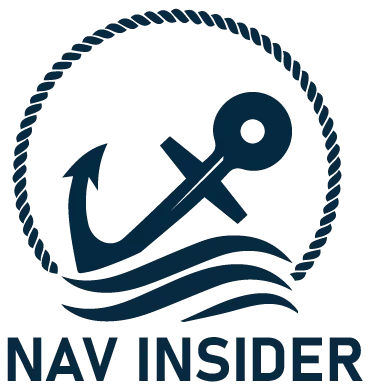The International Ballast Water Management Certificate (IBWMC) is a statutory certificate issued under the International Convention for the Control and Management of Ships’ Ballast Water and Sediments, 2004 (BWM Convention). Its purpose is to prevent the spread of harmful aquatic organisms through the discharge of ballast water from ships.
Why is Ballast Water Management Important?
Ships take in ballast water for stability, and discharge it when cargo is loaded. This water often contains:
Bacteria
Invasive species (plankton, mussels, crabs, etc.)
Sediments
When released in another part of the world, these organisms can disrupt ecosystems, damage fisheries, and cause economic loss. Famous examples include the zebra mussel in North America and toxic algae blooms in Asia.
What is the BWM Certificate?
The BWM Certificate proves that a ship complies with the requirements of the BWM Convention. It confirms that the ship has:
- A proper Ballast Water Management Plan approved by the Flag State or Classification Society.
- A Ballast Water Record Book for documenting operations.
- An approved Ballast Water Treatment System (BWTS) installed and operational.
Applicability of the BWM Certificate
All ships of 400 GT and above engaged in international voyages must carry the IBWMC.
Ships below 400 GT must still comply with the Convention but may follow simplified documentation.
Key Requirements of the BWM Convention
- D-1 Standard (Ballast Water Exchange)
Initially allowed ships to exchange ballast water mid-ocean (≥200 nautical miles from land, depth ≥200 m).
Considered an interim measure.
- D-2 Standard (Ballast Water Performance)
Requires ships to install and use an IMO-approved Ballast Water Treatment System (BWTS).
Ensures discharged ballast water meets strict limits for organisms and bacteria.
- Mandatory Documentation
IBWMC – Proof of compliance.
Ballast Water Management Plan – Ship-specific, approved by authorities.
Ballast Water Record Book – Logs uptake, treatment, and discharge operations.
Supplement to the BWM Certificate
The IBWMC comes with a Supplement detailing:
Ship’s particulars (name, IMO number, GT, type, port of registry).
Method of compliance (D-1 or D-2 standard).
Details of ballast water treatment system (maker, capacity, approval number).
Survey endorsements (initial, renewal, intermediate).
Validity and Surveys
Valid for 5 years, subject to annual/intermediate surveys.
Renewal survey required at expiry.
Endorsements must be maintained during intermediate inspections.
Importance of the BWM Certificate
- Environmental Protection – Prevents ecological damage from invasive species.
- Regulatory Compliance – Mandatory under IMO and enforced by PSC inspections.
- Operational Legality – Ships without IBWMC can face detention or fines in foreign ports.
- Sustainability – Supports global efforts for cleaner seas and biodiversity protection.
Conclusion
The International Ballast Water Management Certificate is essential for ships trading globally. By ensuring proper ballast water treatment and record-keeping, it safeguards marine environments while allowing ships to operate legally and efficiently. The certificate, together with its supplement, is a cornerstone of modern environmental compliance in shipping

